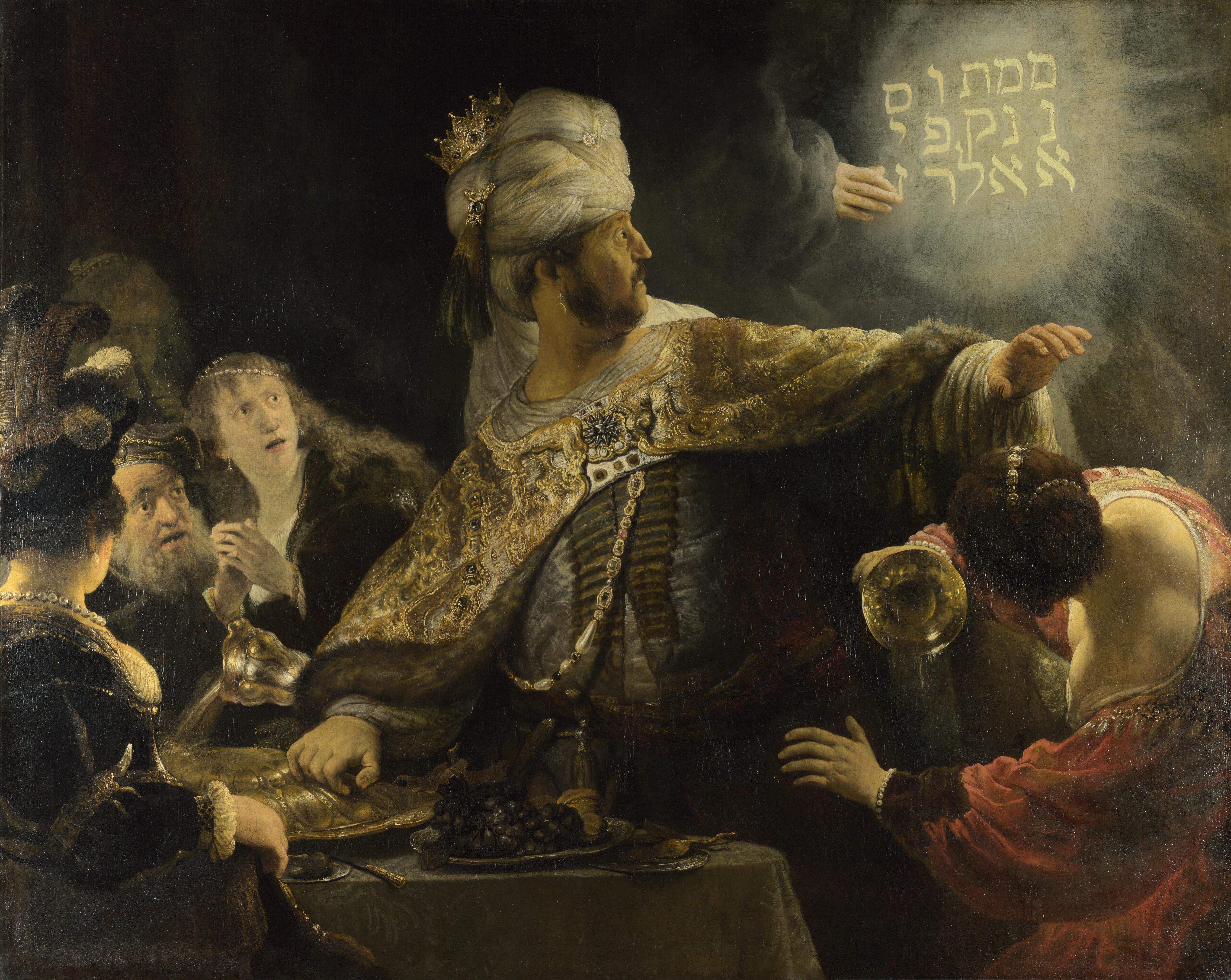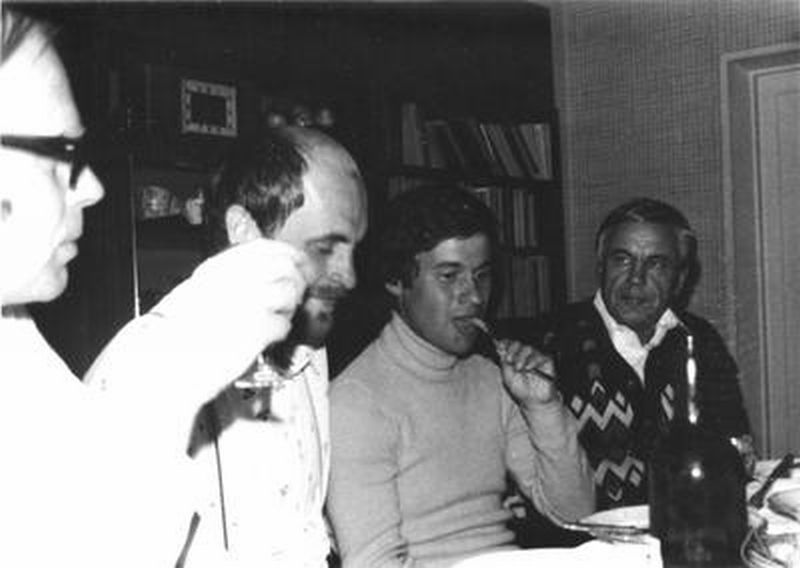|
Kurt Hübenthal
Kurt Hübenthal (30 November 1918 – 13 March 2007) was a German operatic bass baritone, director and music teacher. He was professor for singing at the Hochschule für Musik Franz Liszt, Weimar. Life Hübenthal was born in 1918 as one of two sons in Halle (Saale). He and his brother were members (soprano) of the and, with the financial support of the choir, attended the school . After their parents separated, the brothers moved to the orphanage of the Francke Foundations. They left school without a degree. Kurt Hübenthal completed a locksmith apprenticeship at the Reichsbahnausbesserungswerk in Halle. During the Second World War, the brothers were drafted into the Wehrmacht (his brother was killed). During his deployment in the North African campaign at the turn of the year 1941/42, both were victims of eardrums burst. In 1942, he became a British prisoner of war and was taken on the to a prison camp in the Canadian Rockies. A camp choir and orchestra was formed in captivit ... [...More Info...] [...Related Items...] OR: [Wikipedia] [Google] [Baidu] |
Bass Baritone
A bass-baritone is a high-lying bass or low-lying "classical" baritone voice type which shares certain qualities with the true baritone voice. The term arose in the late 19th century to describe the particular type of voice required to sing three Wagnerian roles: the title role in ''Der fliegende Holländer'', Wotan/Der Wanderer in the ''Ring Cycle'' and Hans Sachs in ''Die Meistersinger von Nürnberg''. Wagner labelled these roles as ''Hoher Bass'' ("high bass")—see fach for more details. The bass-baritone voice is distinguished by two attributes. First, it must be capable of singing comfortably in a baritonal tessitura. Secondly, however, it needs to have the ripely resonant lower range typically associated with the bass voice. For example, the role of Wotan in ''Die Walküre'' covers the range from F2 (the F at the bottom of the bass clef) to F4 (the F above middle C), but only infrequently descends beyond C3 (the C below middle C). Bass-baritones are typically divided in ... [...More Info...] [...Related Items...] OR: [Wikipedia] [Google] [Baidu] |
Martin-Luther-Universität Halle-Wittenberg
Martin Luther University Halle-Wittenberg (), also referred to as MLU, is a public research university in the cities of Halle and Wittenberg. It is the largest and oldest university in the German state of Saxony-Anhalt. MLU offers German and international (English) courses leading to academic degrees such as BA, BSc, MA, MSc, doctoral degrees, and habilitation. The university was created in 1817 through the merger of the University of Wittenberg (founded in 1502) and the University of Halle (founded in 1694). MLU is named after Protestant reformer Martin Luther, who was a professor in Wittenberg. Today, the university campus is located in Halle, while ''Leucorea Foundation'' in Wittenberg serves as MLU's convention centre. History University of Wittenberg (''Universität Wittenberg'') was founded in 1502 by Frederick the Wise, Elector of Saxony to propagate the principles of Renaissance humanism. The foundation of the university was heavily criticized, especially wh ... [...More Info...] [...Related Items...] OR: [Wikipedia] [Google] [Baidu] |
Belshazzar (Handel)
''Belshazzar'' (HWV 61) is an oratorio by George Frideric Handel. The libretto was by Charles Jennens, and Handel abridged it considerably.G.F. Handel, "Belshazzar", ed. Friedrich Chrysander. Leipzig: 1864. Reprint by Kalmus Miniature Scores. Melville, NY: Belwin Mills. Jennens' libretto was based on the Biblical account of the fall of Babylon at the hands of Cyrus the Great and the subsequent freeing of the Jewish nation, as found in the Book of Daniel. Handel composed ''Belshazzar'' in the late Summer of 1744 concurrently with ''Hercules (Handel), Hercules'', during a time that Winton Dean calls "the peak of Handel's creative life".Winton Dean, Dean, Winton''Handel's Dramatic Oratorios and Masques'' London: Oxford University Press, 1959. pp. 435 It premiered the following Lenten season on 27 March 1745 at the King's Theatre, London. It fell into neglect after Handel's death, with revivals in the United Kingdom in 1847, 1848 and 1873. With the revival of interest in Baroque musi ... [...More Info...] [...Related Items...] OR: [Wikipedia] [Google] [Baidu] |
Helmut Koch
Helmut V. Koch (5 October 1932 – 12 November 2024) was a German mathematician who specialised in number theory. Life and career Koch was born in Potsdam on 5 October 1932. Koch studied from 1952 to 1957 at the Humboldt-Universität zu Berlin. From 1957 to 1959, he worked in the semiconductor plant at Teltow. From 1959, he was a member of the Institute for Mathematics of the Akademie der Wissenschaften der DDR, where he received in 1964 his promotion (Ph.D.) and in 1965 his habilitation. He studied under Hans Reichardt and Igor Shafarevich (1960–61 in Moscow). The famous "Number Theory" textbook by Shafarevich and Borevich was translated by Koch from Russian into German. Koch was from 1969 to 1991 the head of the research group at the Institute for Mathematics and from 1992 to 1996, the head of a working group at the Humboldt University, where he became a full professor in 1992. He was on research sabbaticals in Moscow, Saint Petersburg, and Novosibirsk and at the University ... [...More Info...] [...Related Items...] OR: [Wikipedia] [Google] [Baidu] |


